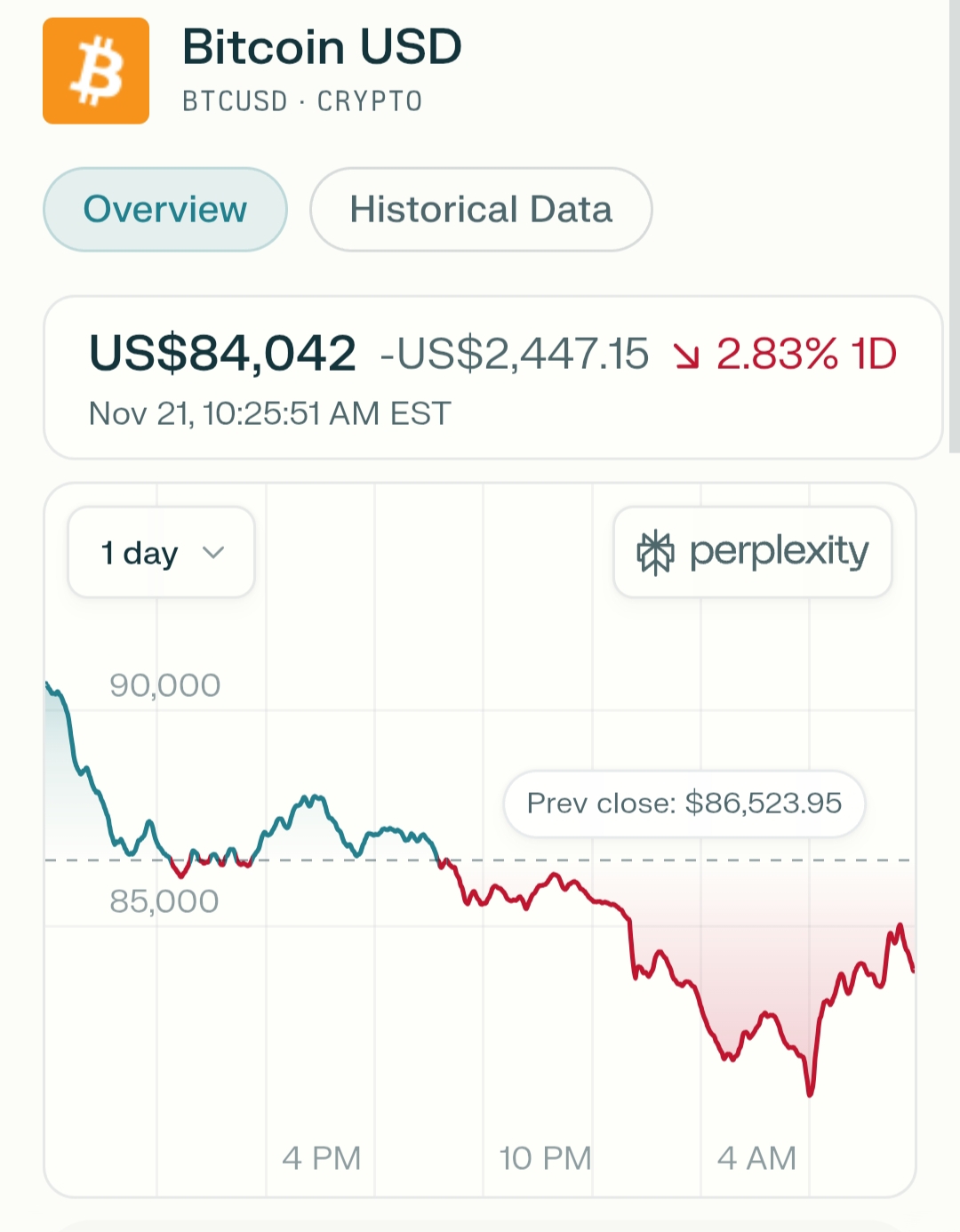The world of finance is undergoing a dramatic transformation powered by digital currencies and blockchain technology. This new era signals a departure from traditional financial systems and paves the way for financial innovation, decentralization, and global financial empowerment.
Cryptocurrency is no longer just a speculative asset; it’s a powerful tool that’s reshaping the way we transfer, store, and manage value. From Bitcoin and Ethereum to stablecoins and central bank digital currencies (CBDCs), digital assets are influencing payments, remittances, cross-border transactions, and much more.
One of the most significant impacts of this new era is financial democratization. Digital currencies enable financial services to reach the unbanked and underbanked opening up opportunities for financial participation across the globe. This is especially crucial for developing countries, where many people do not have access to traditional banking, but do have smartphones and internet connectivity.
Furthermore, the growing popularity of DeFi (decentralized finance) and NFTs (non-fungible tokens) shows us how financial instruments can be reimagined to be more accessible, flexible, and adaptable. DeFi platforms enable borrowing, lending, and investing without the need for a bank intermediary reducing fees, strengthening financial independence, and fostering financial innovation.
This new era is not without its challenges from regulatory uncertainty and scams to network congestion and energy consumption but these growing pains are a small price to pay for a financial transformation that promises greater efficiency, inclusion, and transparency.
Governments, financial institutions, and innovators are all wrestling with these issues and designing policy frameworks to enable responsible growth. The United States, European Union, and many other jurisdictions are developing regulations and guidelines to oversee this new financial ecosystem ensuring that it evolves safely while honoring its disruptive potential.
The bottom line? We’re at a defining moment in financial history. The era of digital currencies is not just a new opportunity; it’s a global reshaping of the financial landscape a transformation that will affect payments, banking, investment, and financial stability for years to come.The world of finance is undergoing a dramatic transformation powered by digital currencies and blockchain technology. This new era signals a departure from traditional financial systems and paves the way for financial innovation, decentralization, and global financial empowerment.
Cryptocurrency is no longer just a speculative asset; it’s a powerful tool that’s reshaping the way we transfer, store, and manage value. From Bitcoin and Ethereum to stablecoins and central bank digital currencies (CBDCs), digital assets are influencing payments, remittances, cross-border transactions, and much more.
One of the most significant impacts of this new era is financial democratization. Digital currencies enable financial services to reach the unbanked and underbanked opening up opportunities for financial participation across the globe. This is especially crucial for developing countries, where many people do not have access to traditional banking, but do have smartphones and internet connectivity.
Furthermore, the growing popularity of DeFi (decentralized finance) and NFTs (non-fungible tokens) shows us how financial instruments can be reimagined to be more accessible, flexible, and adaptable. DeFi platforms enable borrowing, lending, and investing without the need for a bank intermediary reducing fees, strengthening financial independence, and fostering financial innovation.
This new era is not without its challenges from regulatory uncertainty and scams to network congestion and energy consumption but these growing pains are a small price to pay for a financial transformation that promises greater efficiency, inclusion, and transparency.
Governments, financial institutions, and innovators are all wrestling with these issues and designing policy frameworks to enable responsible growth. The United States, European Union, and many other jurisdictions are developing regulations and guidelines to oversee this new financial ecosystem ensuring that it evolves safely while honoring its disruptive potential.
The bottom line? We’re at a defining moment in financial history. The era of digital currencies is not just a new opportunity; it’s a global reshaping of the financial landscape a transformation that will affect payments, banking, investment, and financial stability for years to come.

